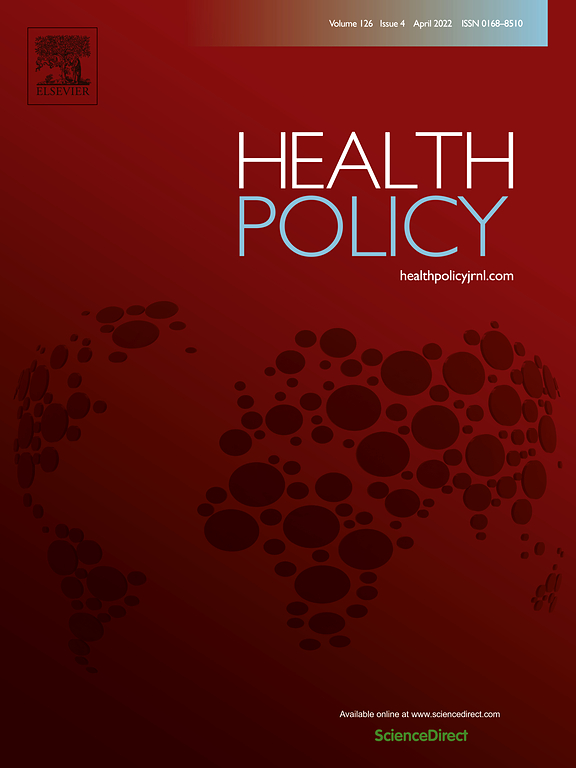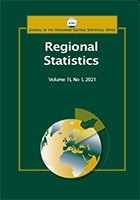Az előadásra hibrid formában kerül sor zoom felületen, illetve személyesen a T4.23 KTI szemináriumi teremben 2024. április 16-án, 10.00 órától. Az előadás nyelve magyar.
Előadó: Baráth Lajos
Cím: Does participation in agri-environmental schemes increase eco-efficiency?
Absztrakt:
The literature on the effectiveness of Agri-Environmental Schemes focuses mainly on the environmental effects; only a few studies have focused on economic aspects. The number of papers that address ecological and economic outcomes simultaneously is even more limited. In this paper, we apply the concept of eco-efficiency to integrate these two factors. The aim of the paper is to analyze the impact of participation in the agri-environmental scheme of Hungarian field crop farmers in terms of eco-efficiency. To make unbiased and consistent comparisons we use advances from aggregation and bootstrap theory in Data Envelopment Analysis (DEA) context. The results indicate that there exists a significant potential for enhancing eco-efficiency in Hungarian crop farms. Furthermore, our results reveal that, in terms of eco-efficiency, perceived as the relationship of farm income to pesticide, fertilizers and energy use, no significant differences exist between participating and non-participating farmers. The results are robust to different methods. Our results pose questions about the efficacy of the Agri- Environmental Scheme.









